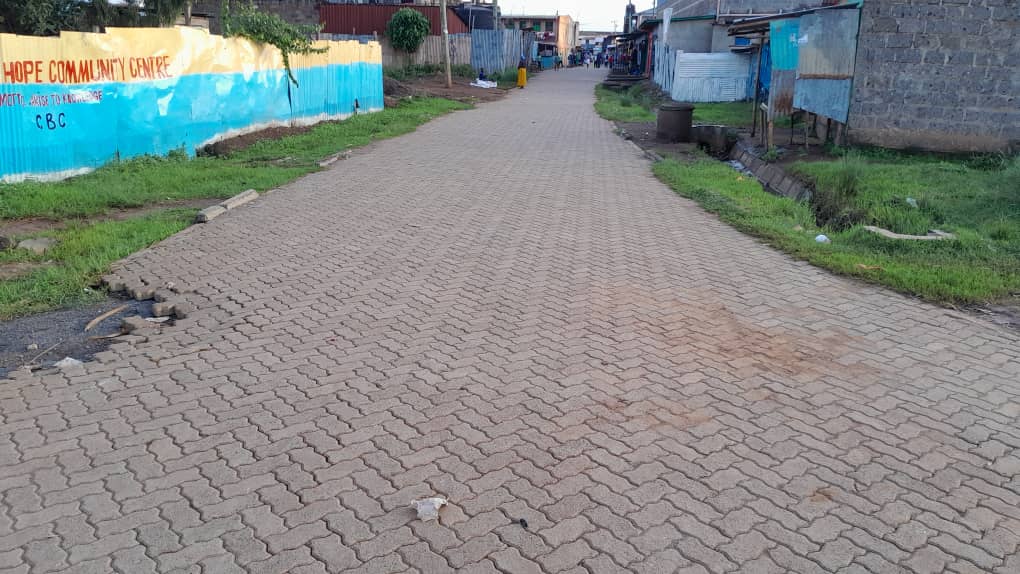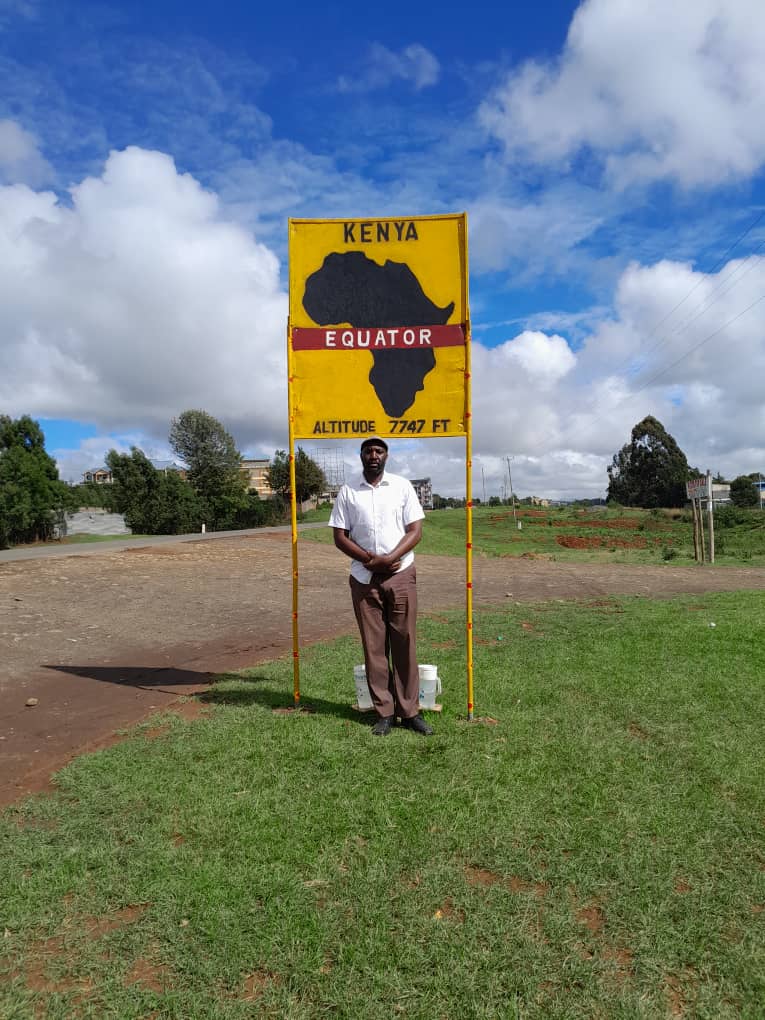Zimbabwe’s National Tree Ambassador and conservationist, Never Bonde, says cities should adopt more sustainable ways of waste disposal and management technologies by using emerging waste recycling technologies in order to reduce the amount of rubbish lying around.
Bonde made this call after a recent trip from Nairobi in Kenya where he saw how that country is harnessing emerging technologies to improve waste disposal and management approaches by actively managing waste collection, sorting, composting and plastic recycling, practices which he believes can also be implemented locally.
“In a quest to solve environmental issues, as a conservationist I travel around the continent seeking possible solutions to the situation we are all crying about, which is climate change, environmental conservation and waste management. During a tour of Nairobi, Kenya where I spent five months, I noticed a number of practices that if we can adopt as a country, we may be able to live better in our environments,” he said in an interview with CITE.
Bonde, who returned to Zimbabwe last month, said for instance in Nairobi, human waste is kept in septic tanks where companies go around collecting that waste to a plant where they recycle the waste to make soap and perfumes.
“ If this initiative can be adopted locally, we can have fewer sewer bursts, as that waste is not kept in pipes then by processing the waste we create production,” said the conservationist who noted that Kenya was able to reduce its gas emission effluent resulting in a clean and healthy environment.
Bonde said that using waste management technologies can effectively reduce pollution across Africa by going through rigorous waste material management and converting that waste to other products, even energy.
“I therefore appeal to the relevant authorities to consider such developmental measures as they aid in the protection of the environment and improve quality of life. One may think these measures are expensive and hard to do but they are beneficial in the long run,” he said.
The conservationist also suggested that to ease water shortages, the local authority should license more companies to supply water and deliver to residential homes, this will bring down the cost of water that is sold while residents have more water options.
“In Nairobi, I saw how there are companies that deliver clean and safe water to residential tanks at a very reasonable fee so that everyone has access to safe and clean water without having to travel long distances or spend a long time on queues waiting for water,” Bonde said.
“Another observation I made was in small locations the roads there are paved with pavers such that there is less exposure of soil to the roads. This will reduce soil erosion, dust in the houses and in case it rains, people walk on solid ground without having to worry about driving or walking in the mud.”

Bonde also observed how people in Nairobi do not carry their own gas cylinders to have them refilled, instead the gas companies go to their homes after people purchase coupons.
“If we can adopt this, it will minimise people who carry gas cylinders exposing themselves to harm because sometimes some people do not screw the lids on properly or do not know how to store gas while moving. We have also seen children who are sent to go fill gas and tend to be playful or reckless while carrying that gas

